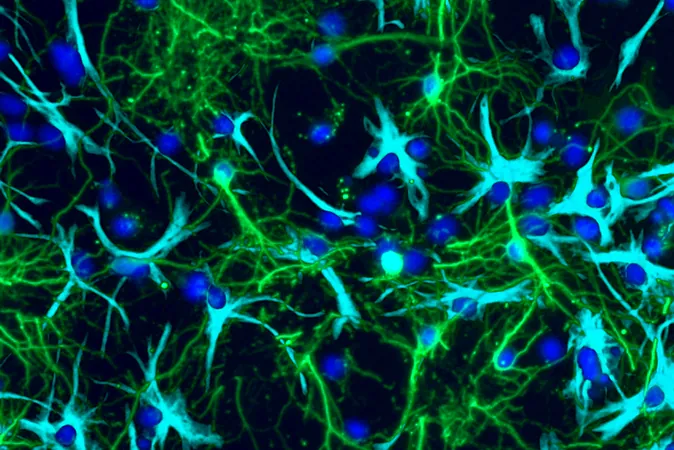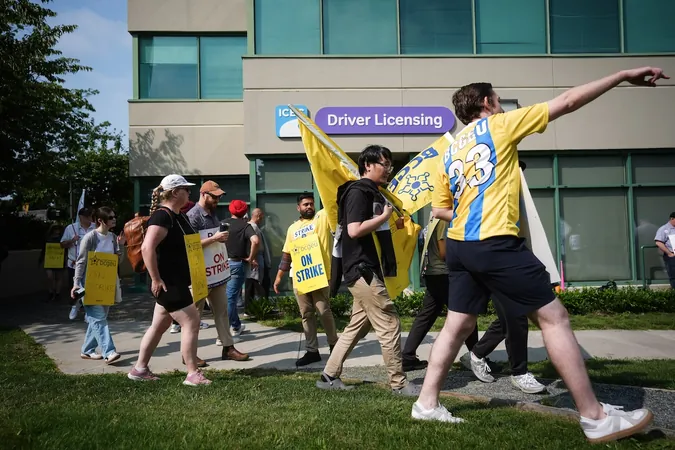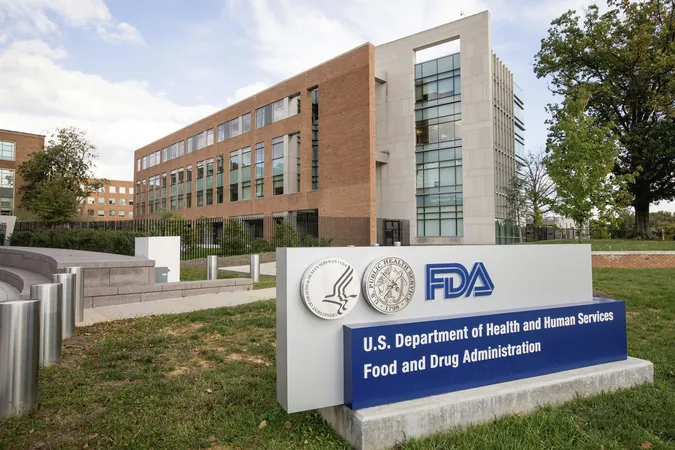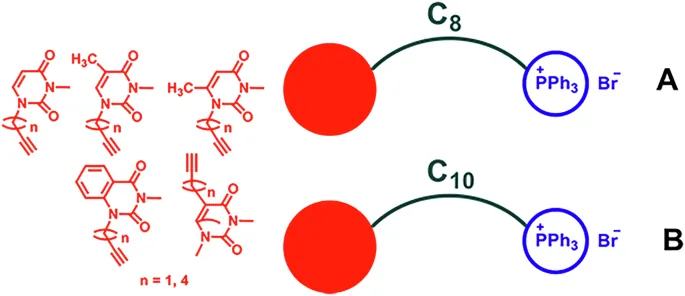
Breakthrough Study Unveils Secrets of Pediatric Brain Tumor Growth: A Potential Game Changer in Treatment!
2025-09-01
Author: Benjamin
Revolutionary Insights into Pediatric Brain Tumors
In a groundbreaking revelation from Washington University School of Medicine, researchers have discovered how certain pediatric brain tumors, specifically pilocytic astrocytoma (PA), exploit normal brain functions to fuel their growth. Blocking the chemical messenger glutamate could pave the way for innovative treatments.
The Tumor’s Secret Weapon: Glutamate
Pilocytic astrocytomas account for about 15% of pediatric brain tumors and, while often non-life-threatening, their unchecked growth can disrupt critical brain development and function. Existing treatments focus primarily on tumor removal, but new findings highlight the role of non-cancerous nerve cells in tumor progression, indicating a shift towards more comprehensive treatment strategies.
How Do Tumor Cells Hijack Nerve Signals?
For years, scientists have attempted to understand the link between the neurotransmitter glutamate and cancer growth without conclusive answers. Recently, an interdisciplinary team at WashU Medicine identified that PA cells hijack the function of glutamate receptors, typically responsible for transmitting nerve signals. Instead of sending the usual electrical messages, these receptors induce signals that lead to increased tumor cell growth.
A Promising Treatment Avenue: Repurposing Existing Drugs
Crucially, targeting these glutamate receptors using drugs like memantine—commonly prescribed for dementia—has shown promise in reducing tumor growth in mouse models. This research offers a potential new direction in therapy for pediatric brain tumors, marking an essential addition to a limited array of treatment options.
Pioneering Research and Future Directions
Led by Dr. David Gutmann, a renowned neurologist at WashU, the study reveals that glutamate receptors in PA tumors are linked to growth receptors, propelling tumor progression. This discovery opens the door to investigating other forms of cancer and how they might also exploit similar mechanisms.
Next Steps: Clinical Trials on the Horizon
The findings underscore the need for clinical trials to ensure the safety and effectiveness of repurposed medications for treating pediatric brain tumors. "This study provides compelling preclinical data to explore therapies that could protect a child's developing brain by interfering with tumor-cell communication," Gutmann stated.
Conclusion: A Beacon of Hope for Young Patients
As researchers delve deeper into the interactions between neurotransmitters and cancer cells, the potential for new treatment protocols looks promising. The path ahead may not only redefine approaches to combat pediatric brain tumors but also significantly improve the quality of life for affected children.









 Brasil (PT)
Brasil (PT)
 Canada (EN)
Canada (EN)
 Chile (ES)
Chile (ES)
 Česko (CS)
Česko (CS)
 대한민국 (KO)
대한민국 (KO)
 España (ES)
España (ES)
 France (FR)
France (FR)
 Hong Kong (EN)
Hong Kong (EN)
 Italia (IT)
Italia (IT)
 日本 (JA)
日本 (JA)
 Magyarország (HU)
Magyarország (HU)
 Norge (NO)
Norge (NO)
 Polska (PL)
Polska (PL)
 Schweiz (DE)
Schweiz (DE)
 Singapore (EN)
Singapore (EN)
 Sverige (SV)
Sverige (SV)
 Suomi (FI)
Suomi (FI)
 Türkiye (TR)
Türkiye (TR)
 الإمارات العربية المتحدة (AR)
الإمارات العربية المتحدة (AR)